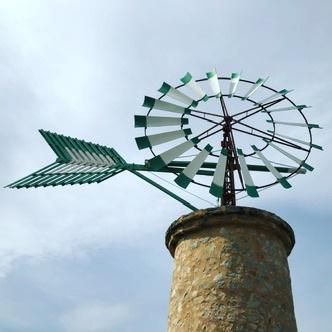How did the Roman conquest set the stage for the eventual rise of the Catalan language in the Balearic Islands?
Similar Topics
roman conquest balearic
rise catalan language
latin language foundation
punic languages decline
romance language base
crown of aragon
visigothic muslim periods
catalan linguistic continuity
The Roman conquest of the Balearic Islands in the second century BCE was a pivotal turning point that laid the essential groundwork for the eventual rise of the Catalan language in the region. By integrating the islands into the Roman Empire, Latin became the dominant language of administration, commerce, and culture. Over centuries, the local Punic and indigenous languages gradually gave way to Latin, which local inhabitants adopted and adapted in their daily lives. This Roman linguistic foundation was crucial, as it established a Romance language base from which future languages would evolve.
Following the decline of Roman authority and the subsequent Visigothic and Muslim periods, the Balearic Islands experienced various cultural and political influences. However, the re-establishment of Christian rule in the late Middle Ages, particularly under the Crown of Aragon, brought the Catalan-speaking population and administration into prominence. The Latin dialects spoken in the Balearics aligned most closely with Catalan, a Romance language descending from the same Latin roots established during the Roman period. This historical continuity facilitated the emergence of Catalan as the dominant vernacular on the islands.
In essence, without the initial Roman conquest and linguistic imprint, the Balearic Islands might have developed a very different linguistic identity. The Latin foundation provided by Rome allowed subsequent Catalan influence to take root naturally, eventually leading to the flourishing of Catalan culture and language that travelers can still experience today. The Roman legacy, therefore, was not just political or military but deeply linguistic, setting the stage for the rich, living heritage that defines the Balearic Islands in the modern era.
Following the decline of Roman authority and the subsequent Visigothic and Muslim periods, the Balearic Islands experienced various cultural and political influences. However, the re-establishment of Christian rule in the late Middle Ages, particularly under the Crown of Aragon, brought the Catalan-speaking population and administration into prominence. The Latin dialects spoken in the Balearics aligned most closely with Catalan, a Romance language descending from the same Latin roots established during the Roman period. This historical continuity facilitated the emergence of Catalan as the dominant vernacular on the islands.
In essence, without the initial Roman conquest and linguistic imprint, the Balearic Islands might have developed a very different linguistic identity. The Latin foundation provided by Rome allowed subsequent Catalan influence to take root naturally, eventually leading to the flourishing of Catalan culture and language that travelers can still experience today. The Roman legacy, therefore, was not just political or military but deeply linguistic, setting the stage for the rich, living heritage that defines the Balearic Islands in the modern era.
🧩 Related Questions
Related Question
Why are ancient olive trees considered resilient to Mallorca’s Mediterranean climate?
Related Question
How might a parent visiting Mallorca engage their children with the local humor to make the trip more enjoyable?
Related Question
What are the best times of year to visit Mallorca to experience the citrus harvest festivals?
